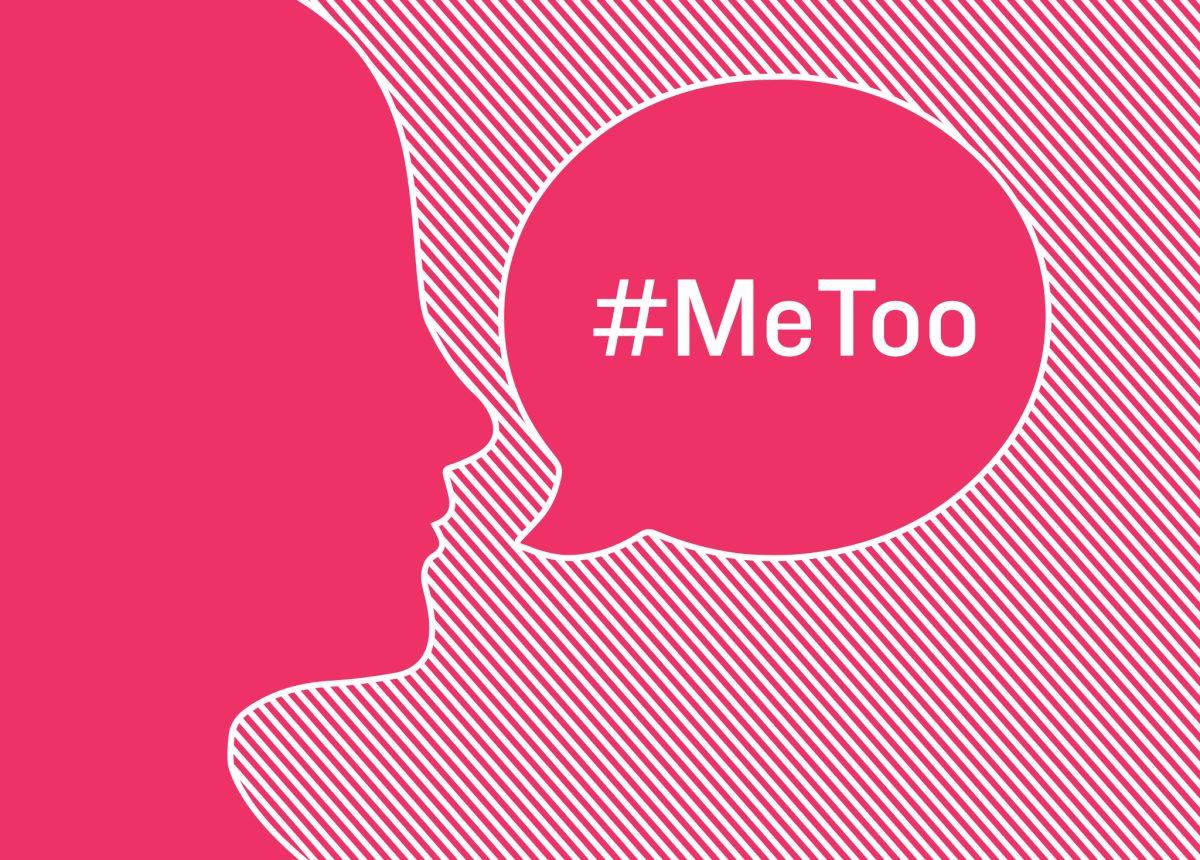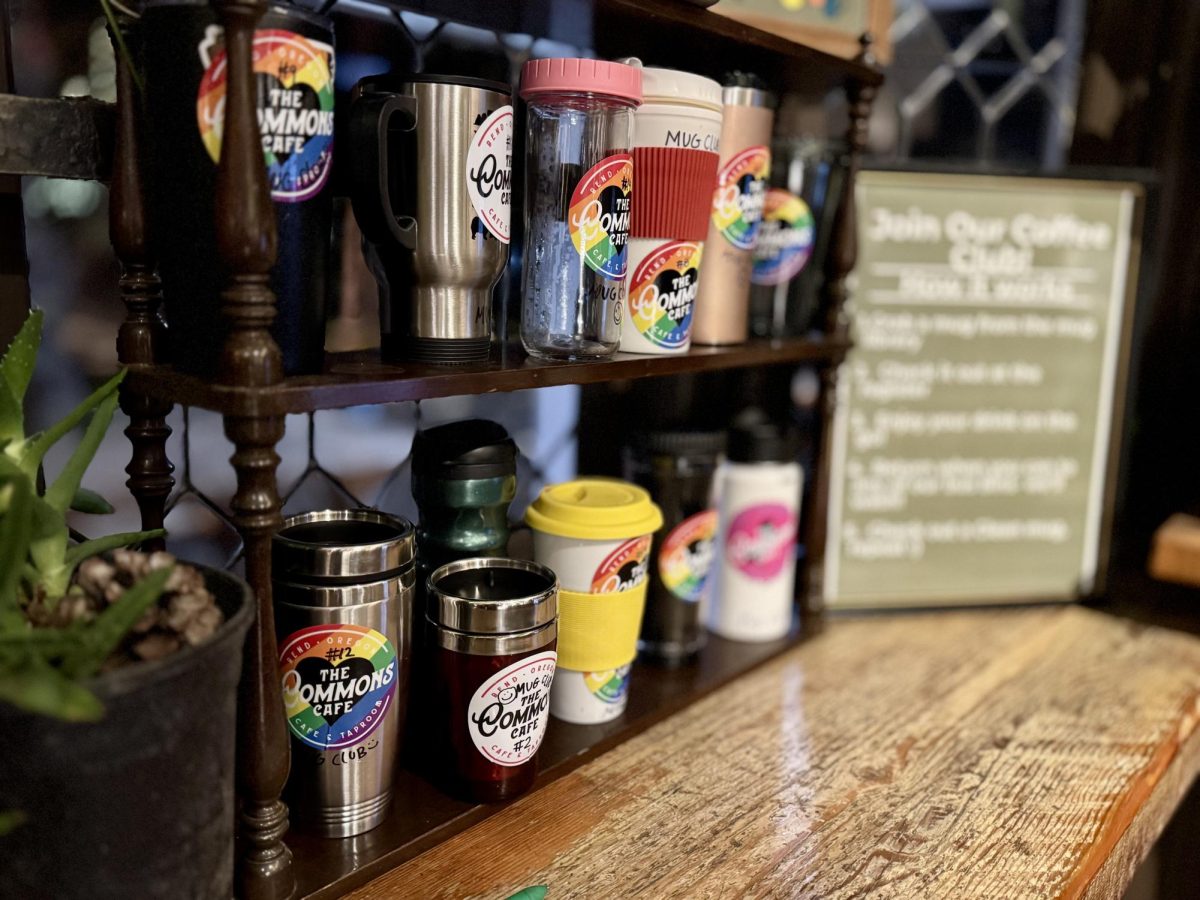Me too. A simple pair of words that has done more to combat sexual assault in a few months than the law or anything else has been able to do in years. The #MeToo movement came to a head recently during several prestigious awards ceremonies, namely the Grammys and the Golden Globes, with big names and new faces alike coming together in an impressive act of cohesion.
The idea for Me Too was conceived over a decade ago by activist Tarana Burke, who stated the following in a recent interview,“When I started putting the pieces together of what helped me, it was having other survivors empathize with me.”
This inspiration came after a 13-year-old girl shared a story of assault so daunting that Burke sent her to another counselor, unsure how to respond. The resulting sentiment laid the groundwork for the movement: “Why couldn’t you just say ‘me too?’”
It’s not really protest, though people are protesting. It’s not a call to action, even though action is needed. It simply exists to spread awareness of the sheer size of the problem, to show the size of the monster hiding in the shadows for so many.
This was exemplified at the awards shows, where near every person of note involved wore black as a subtle show of solidarity.
Less subtle were shots taken at Harvey Weinstein by host Seth Meyers, followed by a speech by Oprah Winfrey that resulted in proverbially thunderous applause. The Grammys followed suit, with performances from artists like Kesha, who recently went through a very publicized legal fight with her manager Dr. Luke over sexual harassment accusations, and words from artist of color Janelle Monae.
The high level of celebrity endorsements received by Me Too are leaving people wondering what the next step should be.
The sentiment is that all the forward momentum created should transition into action as soon as possible, what is unclear is exactly how this should be done. The most level headed ideas center around themes of open discussion about sexual assault and facilitating a culture that is more receptive to the voices of victims.
Central Oregon Community College English professor and LGBTQ club advisor, Chris Rubio, stated that “All of a sudden we’re hearing the voices of women that have been silent, my hope is simply that we continue to do so in the future.”
The ideal evolution of Me Too is that it becomes not just a movement, but the norm in culture.
Rubio, a grandmother, shared concerns about what the situation will be for her family down the road: “My granddaughter is 5 years old, and when she’s 14 or 15 I’m hopeful that Me Too will no longer be necessary; but I can’t really be certain, and that’s scares me.”
It seems the most critical thing anyone can do to support Me Too is to ensure it’s long term survival; all the hashtags and speeches in the world are no good if they can’t create some sort of lasting impact for future generations.
On the flip side of Me Too’s positive effects is a small but understandable backlash concerning the male half of the population. As summarized by a recent article in the “New York Times”: “…men could quite literally wall themselves off from women for fear of crossing a line…” Are men becoming afraid of any non-formal interaction with women for of repercussions against any potentially offensive action? Potentially, but it is likely that this paranoia will die down with time, resulting in an air of honesty that leaves no room for room for the corruption of the past. ■














